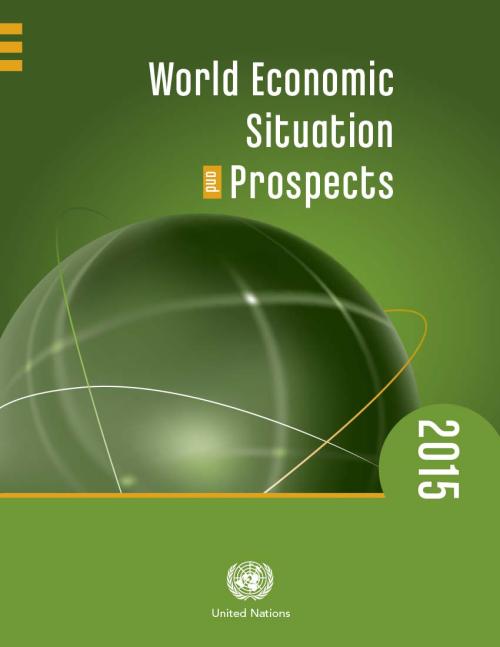
Global economic growth is forecast to increase marginally over the next two years, according to the United Nations World Economic Situation and Prospects 2015 (WESP) report.The global economy is expected to grow 3.1 per cent in 2015 and 3.3 per cent in 2016, compared with an estimated growth of 2.6 per cent for 2014.
The global economy expanded during 2014 at a moderate and uneven pace. Legacies from the global financial crisis continue to weigh on growth, while new challenges have emerged, including geopolitical conflicts such as in Ukraine and the Ebola epidemic.
Unemployment figures remain historically high in some regions, but appear to have stopped rising. While…
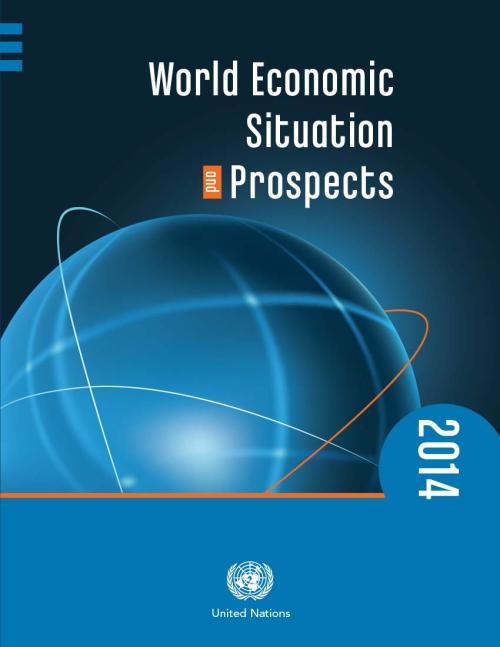
The global economy is expected to strengthen over the next two years, despite a downgrade of growth prospects for some developing economies and economies in transition, according to the UN World Economic Situation and Prospects (WESP) 2014 mid-year update. Global growth has been revised slightly lower from the forecasts presented in the WESP 2014. Growth of world gross product (WGP) is now projected at 2.8 per cent in 2014 and 3.2 per cent in 2015, up from 2.2 per cent in 2013. However, this pace of expansion is still low compared to the growth path before the 2008 global financial crisis.
“More than five years after the financial crisis, the world continues to struggle with…
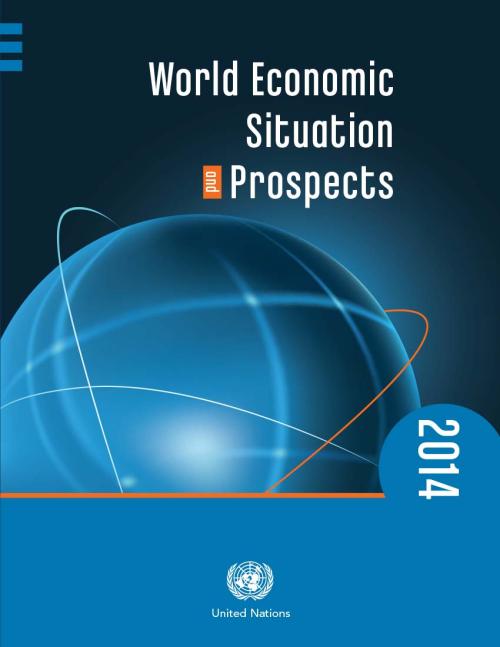
Global economic growth should increase over the next two years with continuing signs of improvement, according to the United Nations World Economic Situation and Prospects 2014 (WESP) report. The global economy is expected to grow at a pace of 3.0 per cent in 2014 and 3.3 per cent in 2015, compared with an estimated growth of 2.1 per cent for 2013.
The world economy experienced subdued growth for a second year in 2013, but some improvements in the last quarter have led to the UN’s more positive forecast. The euro area has finally ended a protracted recession. Growth in the United States strengthened somewhat. A few large emerging economies, including China and India,…
The experience from the Millennium Development Goals has shown that well-defined, objectively measurable indicators can help to maintain focus on internationally agreed development goals and targets, while keeping the world informed of achievements, problem areas and emerging issues.
Looking ahead to the post-2015 development agenda, it will be important to develop a robust monitoring system that draws on traditional data collection methods and innovations in statistics and data collection to develop a monitoring framework that can measure progress on the various thematic areas.
While it is still too early to define a set of indicators and targets for the development…
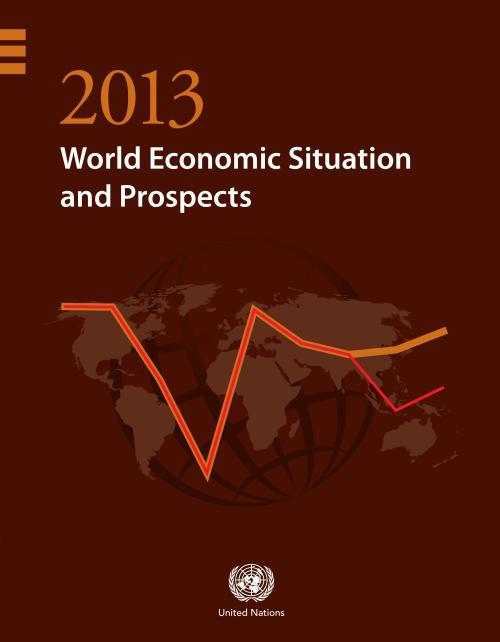
Global economic activity is projected to slowly gain momentum, but growth will continue to be below potential and employment gains will remain weak, says the UN report. It notes that since late 2012, new policy initiatives in major developed economies have reduced systemic risks and helped stabilize consumer, business and investor confidence, but with very limited improvement on economic growth.
“The main priority for policy makers worldwide should be to support a robust and balanced global recovery, with a focus on promoting job creation,” said Shamshad Akhtar, UN Assistant Secretary-General for Economic Development.
Global growth has been revised slightly downward…
The World Economic Situation and Prospects 2013 presents a post-crisis world economy still struggling with continued weakening growth of 2.2 per cent in 2012. It projects disappointing global growth of 2.4 per cent in 2013 and 3.2 per cent in 2014 in the face of major uncertainties and downside risks. A much slower pace of poverty reduction is predicted in many developing countries and narrowing fiscal space for investments in the many critical areas needed for achieving the Millennium Development Goals. The World Economic Situation and Prospects 2013 calls for more forceful and concerted policy action at the global level, identifying fiscal and employment policies,…
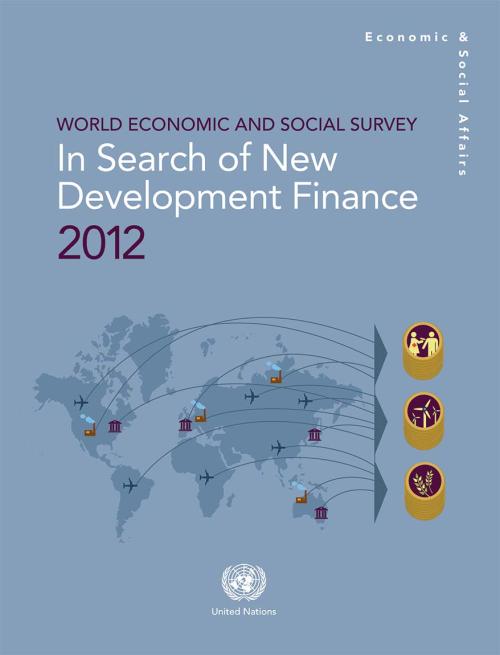
The financial needs of developing countries have long outstripped the willingness and ability of donors to provide aid. Addressing this challenge, the survey proposes an international tax, combined with other innovative financing mechanisms, to raise more than $400 billion annually for development and global challenges such as fighting climate change.
Launched on 5 July, the survey reveals that in the midst of difficult financial times, many donor countries have cut back on development assistance. In 2011, for the first time in many years, aid flows declined in real terms.
“We are suggesting various ways to tap resources through international mechanisms, such as…
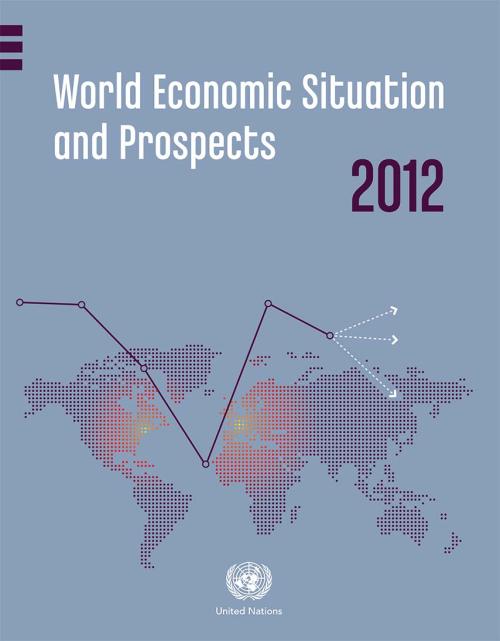
Despite scattered signs of improvement, the world economic situation and prospects continue to present challenges. After a marked slowdown in 2011, global economic growth will likely remain tepid in 2012, with most regions expanding at a pace that is below potential. In the face of subdued growth, the jobs crisis continues, with global unemployment still above its pre-crisis level and unemployment in the euro area rising rapidly. The risks to the global outlook are tilted to the downside. The euro area debt crisis remains the biggest threat to the world economy. An escalation of the crisis would likely be associated with severe turmoil on financial markets and a sharp rise in global risk…
The world economy is on the brink of another major downturn. Global economic growth started to decelerate on a broad front in mid-2011 and is estimated to have averaged 2.8 per cent over the last year. This economic slowdown is expected to continue into 2012 and 2013. The United Nations baseline forecast for the growth of world gross product (WGP) is 2.6 per cent for 2012 and 3.2 per cent for 2013, which is below the pre-crisis pace of global growth.
Persistent high unemployment in the United States and low wage growth are holding back aggregate demand and, together with the prospect of prolonged depressed housing prices, this has heightened risks of a new wave of home…
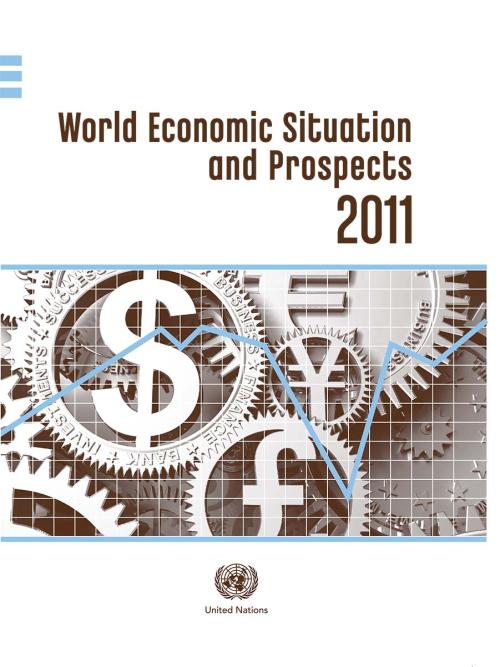
The recovery of the global economy continues, with strong output growth in developing countries and a weaker economic performance in developed countries. Higher energy and food prices have created upward pressure on inflation rates, underpinning the tightening of monetary policy, especially in many developing countries. Employment trends have been improving, but major challenges such as rising long-term unemployment and high youth unemployment in a number of economies remain. World trade of goods and services expanded stronger than expected last year, marking a strong rebound from the severe contraction in 2009 with developing countries, particularly Asian economies with large shares in…
The publication predicts weaker global growth in 2011 and 2012 as the recovery has lost momentum since the middle of 2010. World gross product is forecast to expand by 3.1 per cent in 2011 and 3.5 per cent in 2012, following estimated growth of 3.6 per cent in 2010. The report emphasizes that the outlook remains uncertain, surrounded by serious downside risks. It further indicates that, in the short run, more fiscal stimulus will be needed to reinvigorate the global recovery, but that it will need to be better coordinated with monetary policies and reoriented to provide stronger support to employment generation.
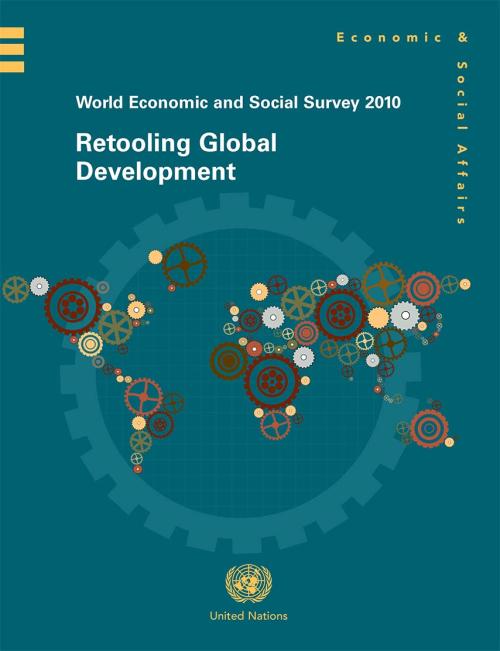
The financial fallout in the USA which rapidly turned into a global economic crisis underscored the interconnectedness of the global economy. The economic and financial crisis came on top of several other crises. Skyrocketing but highly volatile world food and energy prices evidenced a decades-long neglect of food agriculture and failure to rein in increasingly speculative energy markets. And the effects of climate change, which is already a clear and present danger whose consequences are being felt in many part of the world in the form of more frequent and severe droughts and excessive rainfall, are compounding other crises.
These multiple dramas have unfolded simultaneously and…
 Welcome to the United Nations
Welcome to the United Nations